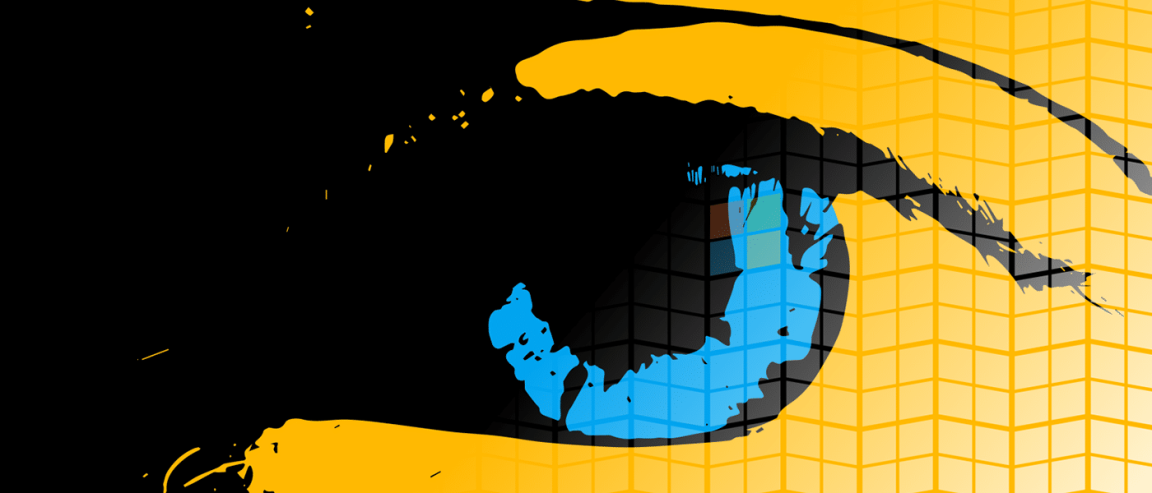
Microsoft Cares for Eyecare
According to the World Health Organization, an estimated 285 million people are visually impaired, with 39 million living with blindness and the other 246 million having low vision.
In a world of modern technological advancements, visual impairment has been the subject of much medical research. Perhaps the most notable among these are those that use artificial intelligence (AI), specifically through machine learning. Google’s DeepMind has been working with the UK’s National Health Service to do ophthalmology research.
Microsoft has also joined in on the fight to give humanity better eyesight, recently launching the Microsoft Intelligent Network for Eyecare (MINE) in India.
“Today, I am happy to take forward the work we have done in healthcare with an esteemed set of partners,” says Anil Bhansali, managing director at Microsoft India (R&D) Pvt. Ltd. The effort is in partnership with L V Prasad Eye Institute [LVPEI]. “In our shared vision to eradicate preventive blindness, MINE will help redefine eyecare by bringing together the power of technology and knowledge of global experts.”

Computer-Aided Diagnositics
AI applications in medical and healthcare research have been gaining ground. Eyecare is a field that’s gotten particular attention from non-traditional companies, such as LVPEI, to test the capabilities of machine learning in healthcare. “At LVPEI, we have been using Microsoft Azure Machine Learning and Power BI to drive clinical interventions and improve patient outcomes,” explains G.N. Rao, the institute’s founder and chair. The company focuses heavily on visually impaired children, working towards predicting outcomes for refractive surgery and studying the rate of change in myopia for children. As the tech giant stated in an announcement, “Microsoft will deploy its leading cloud platform technology – Cortana Intelligence Suite, for advanced analytics and to build [AI] models on eyecare.”
MINE will use machine learning’s image analysis capabilities, as eye conditions are a good space to apply the technology. The collaboration will work towards developing machine learning predictive models for better diagnosis of issues leading to vision impairment. Specifically, it will come up with optimal surgery parameters, personalizing a surgery and maximizing its chance of success.